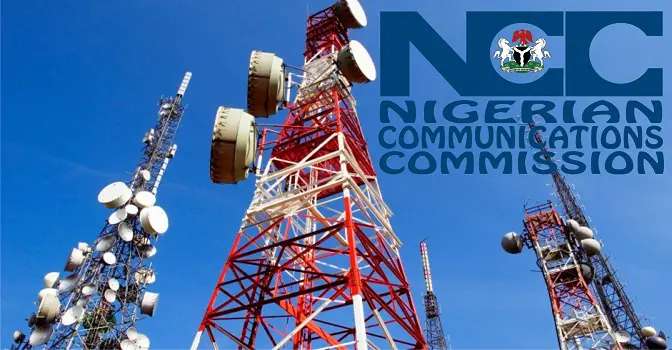The onboarding of the earlier suspended three Communications licenses by the Nigerian Communications Commission (NCC) for prospective telecoms operators to apply may not happen soon.
More worrisome is the fact that the lifting of the ban depends on the stakeholders who need to find a common ground to pave the way for the NCC to refine grey areas in the three operational licences due to the quest for a healthy competition in the industry.
The Commission, recently announced the suspension of award of three communication licences: Value Added Services (VAS) Aggregator Licences, Interconnect Exchange Service Licences and Mobile Virtual Network Operator (MVNO) Licences to successful telecoms operators.
But investigation by TechnologyMirror indicated that the Commission is at the verge of having more critical industry stakeholders’ review engagement with the hope of lifting the ban but that will depend on the outcome of the review.
Our sources which confirmed the planned review disclosed that the length of the suspension would depend on the conclusion of a review that would be done in consultation with industry stakeholders.
However, despite the long wait for the onboarding of the application, the source noted that the long wait would in the long run benefit the industry saying that the suspension was meant to ensure an effective ecosystem in the telecom industry, enable the Commission to conduct a thorough review of several key areas within these categories and enhance the competitiveness of the industry for growth.
The source within the industry also dispels the fears that the suspension would scare foreign investors from the Nigerian telecoms industry, noting that the suspension would eventually help to improve the sustainability of the various subsegments in which these licensees operate.
It was further learnt that the Commission is on top of the industry and has undertaken this intervention to create a more conducive atmosphere for competition and ensure the survival of every player in the industry.
Another industry source faulted claims that there were challenges in the industry that led to the suspension of the three communication licences by the NCC, stressing that the temporary suspension was to ensure the sustainability of the various players within the various segments.
According to the source, the Commission already has enough licensees in each of these categories to take care of the needs of the industry stating that when a segment is saturated, “it becomes necessary to review it and tackle competition issues to reposition the licensees for better service delivery.”
The same source further absolved the regulator of any blame on why it had to start issuing them in the first place, saying that NCC was acting within the purvey of the Nigerian Communications Act, 2003, which principally is to facilitate the provision of communications facilities and access to communications services in Nigeria.
“The MVNO licences were issued to deepen competition in the marketplace, expand coverage to rural areas, and increase market efficiency for different market niche segments”, the source said.
It was further gathered that the claim that these licence categories fail as said in certain quarters was not true as the source stated that a lot of them are already providing such services, particularly the aggregators, and that is besides the prospects of the MVNOs.
Indeed, it was leant that the NCC has provided regulatory clarity on the relationship between MNOs and MVNOs, with progress expected to be seen soon.
Our findings revealed that the Commission has issued a significant number of licences in this category of service, and there has arisen the need to review the market dynamics of this sub-segment to ensure effective competition.
Besides that, was the discovering that the Commission also carried out a benchmarking exercise with some jurisdictions across the world, and it was observed that there may be currently more VAS Aggregator Licensees than may be required.
For instance, there are currently forty-nine (49) VAS Aggregator Licensees in the country, even as some industry stakeholders say the concern of saturation, with not enough market for the aggregators due to “over-supply”, may soon be an issue.
This has also led to an increase in several aggregators with difficulties interconnecting with the four (4) Mobile Network Operators (MNOs).





